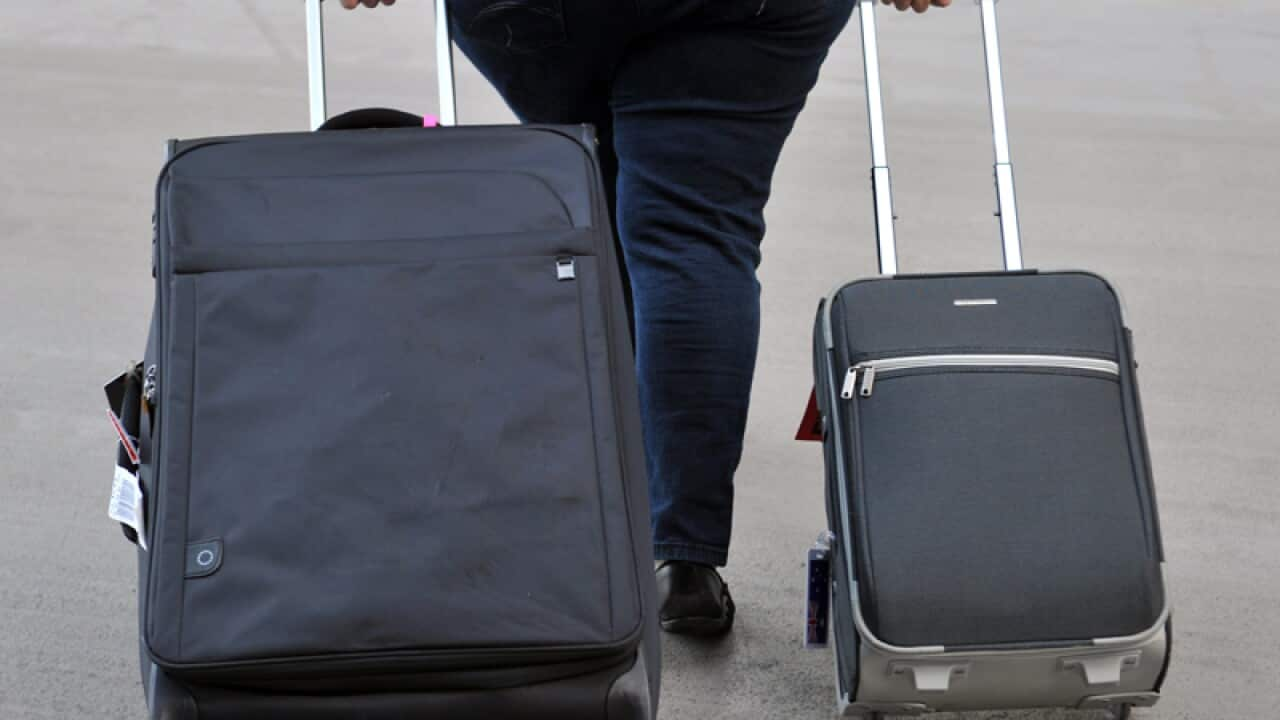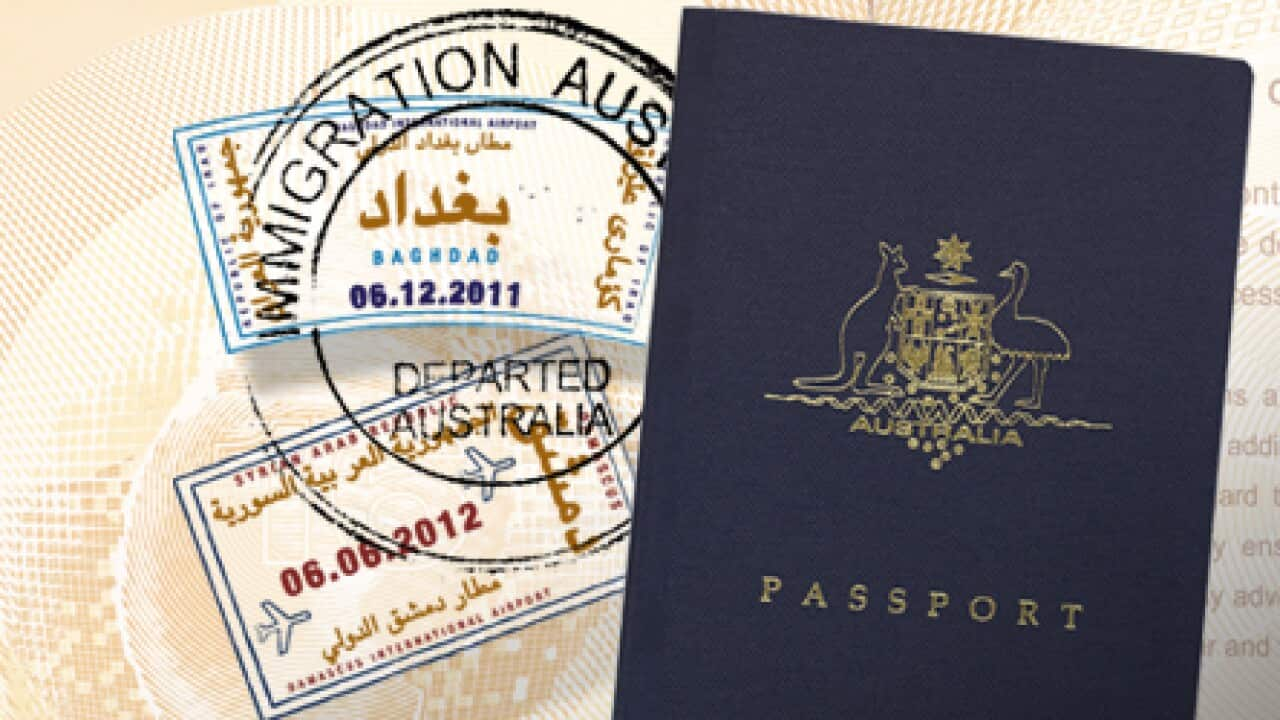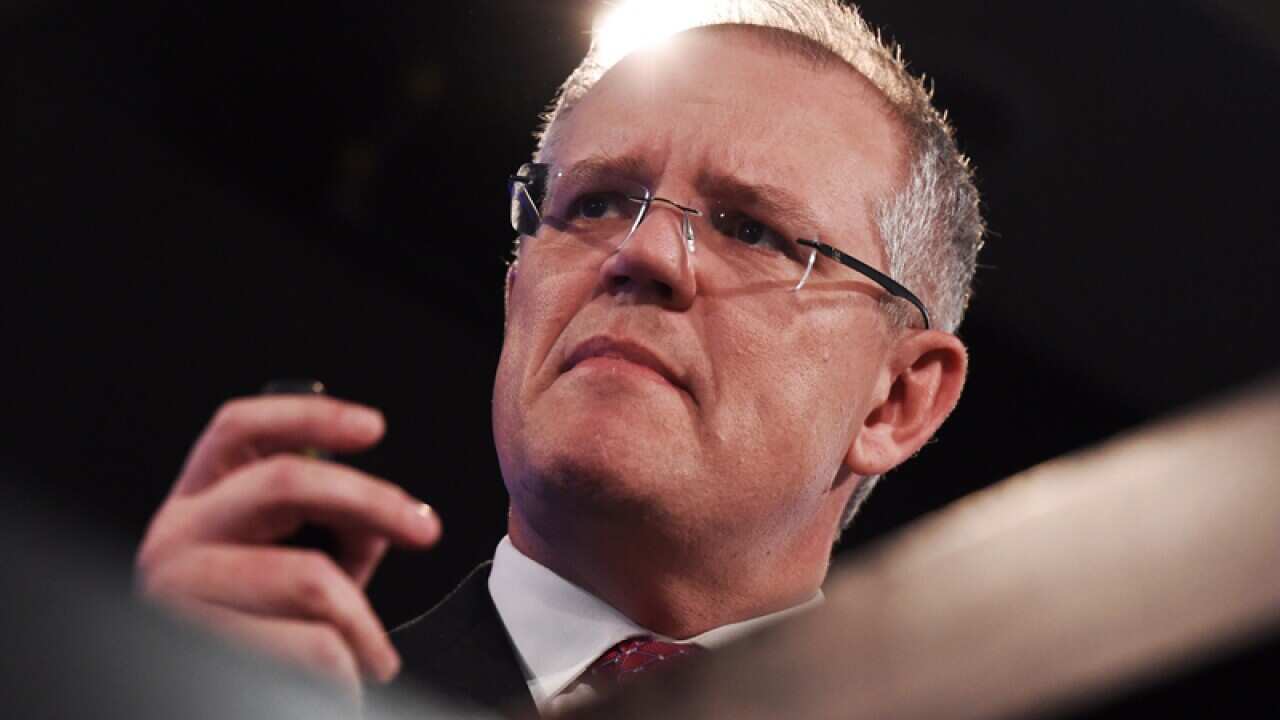On the eve of Commonwealth Day, a new poll shows majority support in Australia, New Zealand, Canada and Britain for reciprocal rights to live and work freely in each other's nations.
But the poll's release on Sunday comes as new measures are about to take effect to tighten working rights in the UK for citizens of non-European Union countries.
The poll, commissioned by the Royal Commonwealth Society, shows that 70 per cent of Australians, 82 per cent of New Zealanders, 75 per cent of Canadians and 58 per cent of Britons support free mobility between their nations.
Related reading

Government targets entrepreneurs with proposed new visa
The British government is moving in the opposite direction, however, under public pressure to stem migrant numbers following an influx in recent years, particularly from eastern Europe.
EU rules limit what the UK government can do to curb migration from EU countries so measures to close the door are hitting non-EU migration the hardest.
From April non-Europeans on Tier 2 employer-sponsored skilled-worker visas will have to earn at least STG35,000 ($A67,145) a year to be allowed to stay in the UK for longer than six years.
Some skilled workers such as nurses, who earn an average salary of around STG23,000 ($A44,125), may have to head to the airport after six years working and paying taxes in the UK.
Also from April non-European workers in the UK will have to pay an annual National Health Service surcharge of STG200 ($A384) or STG150 ($A288) if on student or two-year youth mobility visas.
Australia's High Commissioner in London, Alexander Downer, says the Australian business community is concerned Australians will increasingly be restricted from working in Britain and that could harm business and investor links.
"We obviously as a government want to ensure there is easy access for Australians to the UK," he told AAP.
"Certainly if people were being driven out because they weren't earning enough then that would be seen as unreasonably discriminatory."
Related reading

US votes for tough visa rules after Paris
Mr Downer stressed the "family relationship" between the UK and Australia and the "huge people-to-people links", noting that five per cent of Australians were born in the UK and a million Australians visit the UK each year.
He said Australia would like the UK to have a more open attitude based on such links.
"They sort of see our point and are a little embarrassed about it but the truth is they have this major problem with immigration, and particularly migration from the EU."
New Zealand too is unhappy, with Prime Minister John Key saying the health surcharge was "chipping away" at New Zealanders' rights in the UK.
Royal Commonwealth Society President David Howell, a Conservative member of the House of Lords, told AAP that pressure was building within the government to stop blocking access for citizens of Commonwealth nations whose skills Britain needed.
"Far from restricting Commonwealth exchange and movement between our countries, we've got to ease it.
"I don't say this battle is settled yet but it's a battle that's going on," Lord Howell said.
Share



